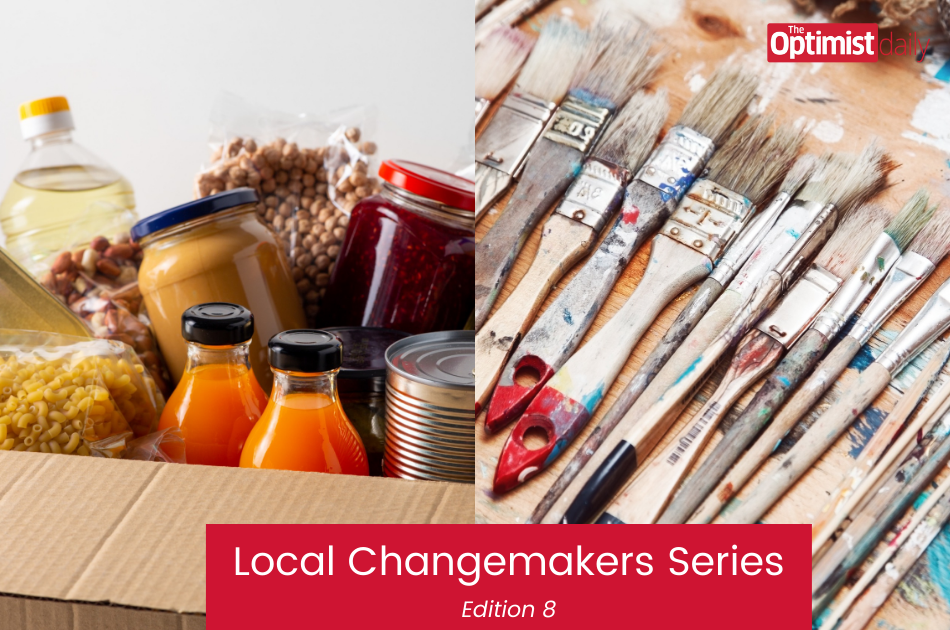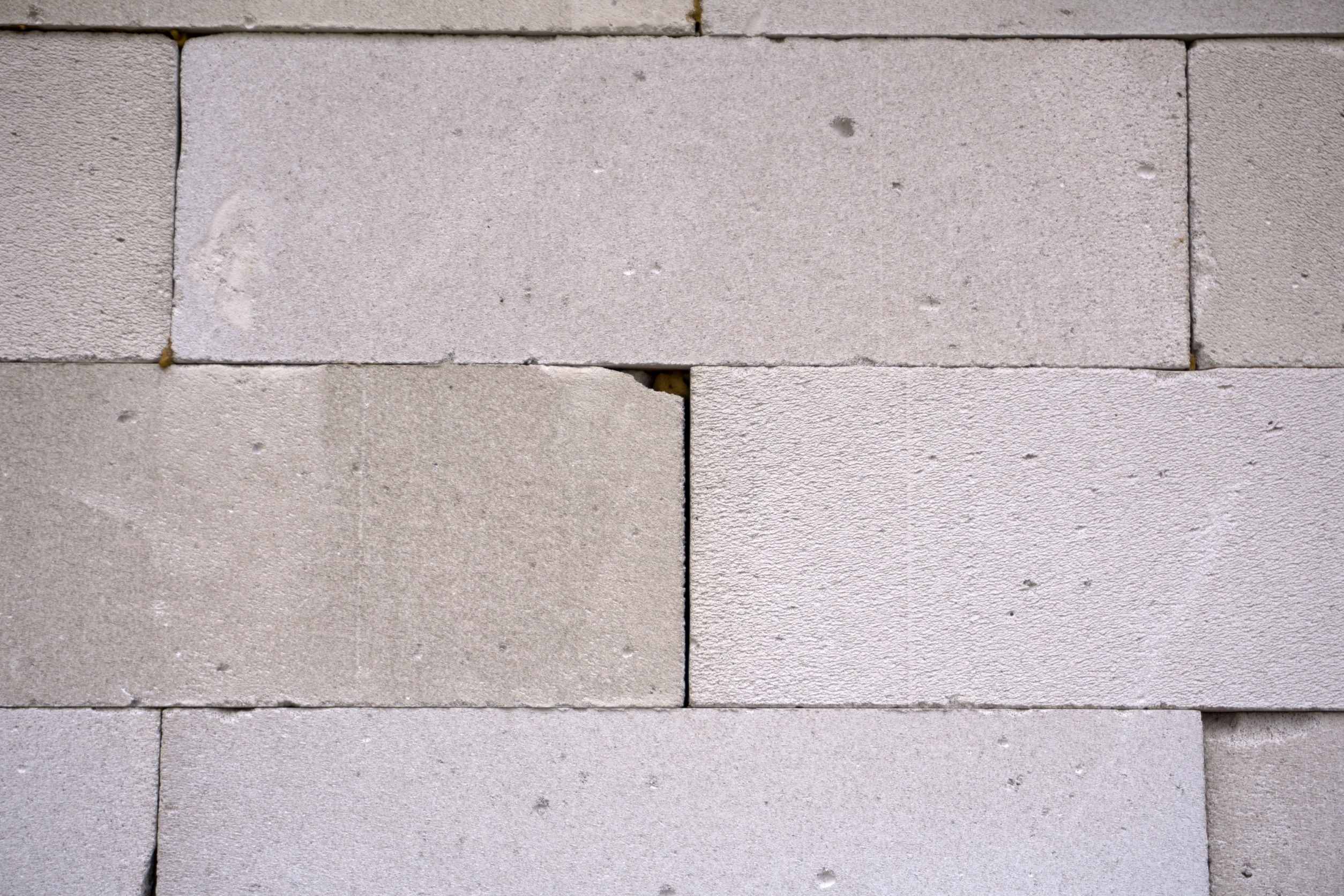If you live in New York, San Francisco, Seattle, London or Vancouver, your next Starbucks cup may be completely compostable. The coffee giant, which pledged to increase their sustainability efforts earlier this year, has replaced the plastic lining in their cups to create an entirely compostable version.
The new cups are part of the NextGen Cup Challenge – an open-sourced, global innovation challenge to redesign the fiber to-go cup. They are engineered using BioPBS, which is spread onto the inside of cups. The company has pledged to reduce waste by 50 percent over the next decade. These cups are a starting point for implementing this goal.
The cups are being tested in select locations over the next four weeks and will be using customer feedback to perfect their design. The cups face the same challenge as recyclable ones: the lining must be separated from the outer part to be composted. For this reason, Starbucks is testing them in cities with adequate processing facilities to do this. Hopefully, they will soon have a design available to roll out compostable cups in all their locations around the world.












